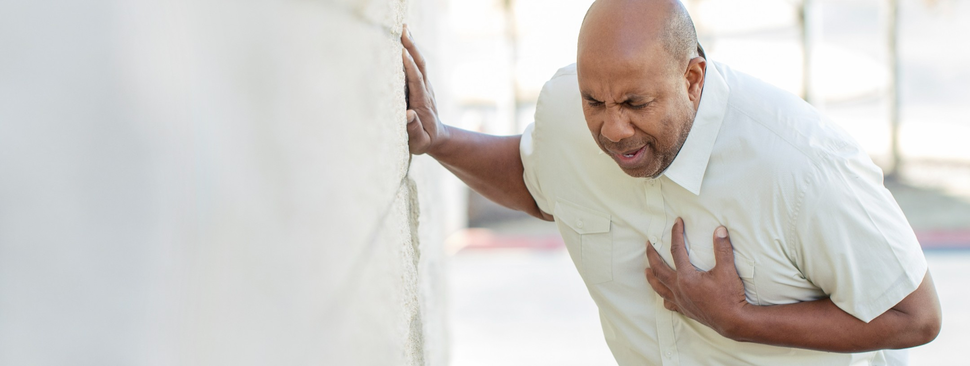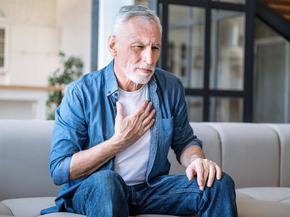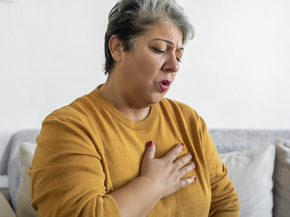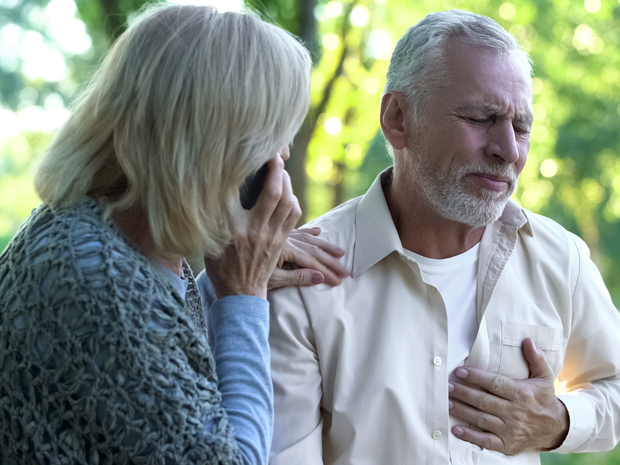
Heart Attack

Heart Attack
Expert Help When You Need It Most
Knowing the signs of a heart attack can save your life. The most common symptom in men and women is chest pain or discomfort. Women are somewhat more likely to experience some of the less common symptoms of heart attack, including shortness of breath, nausea/vomiting, unusual fatigue, and back or jaw pain.
Time is muscle! Every minute treatment for a heart attack is delayed, more heart muscle dies.
Heart Attack Warning Signs

Heavy Chest Pressure
Squeezing or burning in your chest or fullness in your abdomen

Extreme Discomfort or Symptoms
Light-headedness, nausea, unusual fatigue

Arm Pain
Feeling pain in one or both arms, back, neck, or jaw

Respiratory Difficulties
Shortness of breath with or without chest pain

Time To Call 911 Now
If you observe any of these signs in yourself or others, call 911! Do NOT drive yourself to the hospital.

What to Do
Act Fast, Call 911
- Call 911 immediately. Clearly tell the dispatcher all the symptoms you’re experiencing and if you have any history of heart problems.
- Chew one adult-strength (325 mg) tablet of uncoated aspirin.
- If you have been prescribed nitroglycerin, take it.
- Don’t drive yourself or have someone drive you. Paramedics are your best option – they can begin treatment in the ambulance, perform an ECG on the way to the hospital, and transmit results to the ER before you arrive.